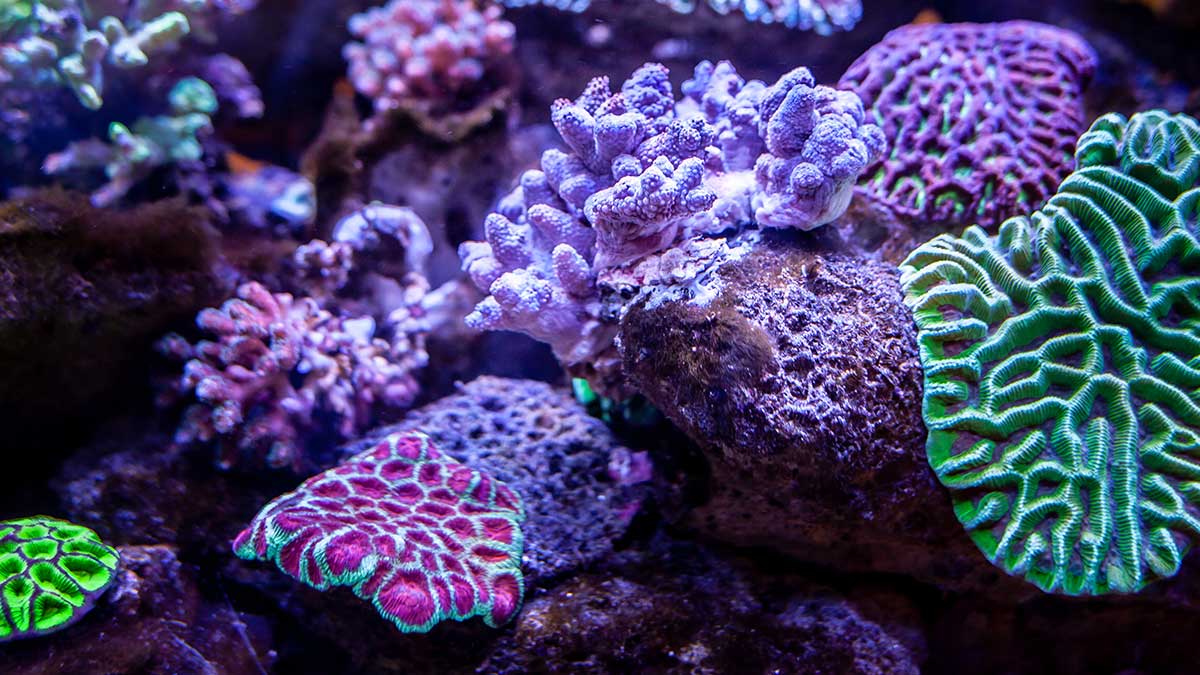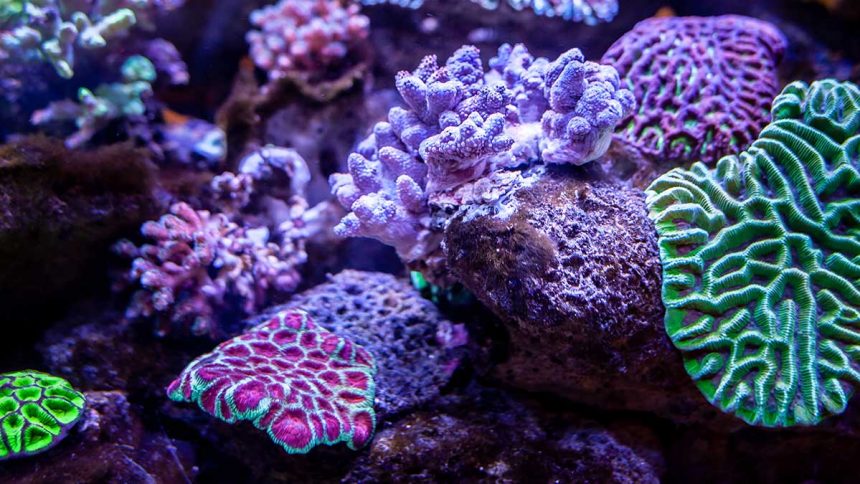
The summer of 2024 is predicted to witness the most severe coral bleaching event ever recorded. Reefs, essential for marine biodiversity and coastal protection, are under threat due to coral bleaching caused by rising water temperatures as a result of climate change and human activities.
Coral bleaching occurs when the colorful algae, zooxanthellae, which play a vital role in giving coral its vibrant colors, are destroyed by warmer water temperatures. This leads to the coral expelling the zooxanthellae, causing the reefs to die off and disrupting the ecosystem.
Although it may be too late to prevent this year’s coral disaster, we can still take proactive steps as responsible global citizens to lower ocean temperatures and help protect these crucial ecosystems.
Actions to Combat Coral Bleaching
Reduce Your Carbon Footprint: Climate change is the driving force behind coral bleaching. By making small, eco-friendly choices in our daily lives, such as using public transport, reducing energy consumption, and opting for energy-efficient appliances, we can help reduce carbon emissions.
Practice Responsible Tourism: While visiting coral reefs or beaches, choose reef-safe sunscreens, avoid physical contact with the reefs, and refrain from removing coral from their natural habitat.
Support Sustainable Fisheries: Opt for sustainable seafood options to promote better fishing practices and maintain balanced marine ecosystems.
Waste Management: Proper waste disposal and reducing plastic use are essential to prevent pollution that harms coral reefs. Participate in beach clean-ups and recycling efforts to keep our oceans clean.
Think Water Quality In The Backyard: Reducing the use of fertilizers and pesticides can prevent runoff that harms coral reefs. Implementing rain barrels and creating rain gardens can help manage stormwater and reduce pollutants entering water systems.
Education and Advocacy: Educate yourself and others about the importance of coral reefs and advocate for environmental policies that protect these vital ecosystems.
Support Coral Research and Conservation Programs
By supporting organizations that conduct coral research and conservation activities, you can contribute to the understanding and mitigation of coral bleaching. Explore initiatives like the National Oceanic and Atmospheric Administration’s Coral Watch program to learn more about the global coral crisis.
One promising approach is coral restoration, where programs are working on cultivating resilient coral reefs and genetically modifying corals and zooxanthellae to withstand increasing water temperatures. Learn more about Coral Vita’s restoration project in The Bahamas through an interview with cofounder Sam Tiecher.
By incorporating these proactive actions into our daily routines, we can all play a part in preserving the health and longevity of coral reefs, ensuring their survival for future generations. Together, every small effort makes a significant impact in the fight against coral bleaching and the conservation of marine biodiversity.
. If the provided articles seems to be less than 200 characters or it is an intro of the author, then try to generate an articles using this title.Coral Under Siege: Action You Can Take As Reefs Bleach






